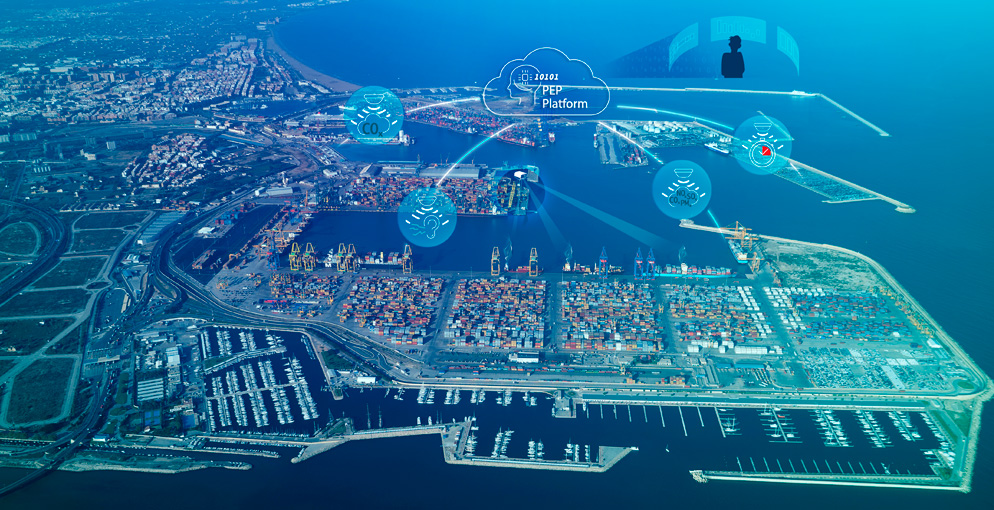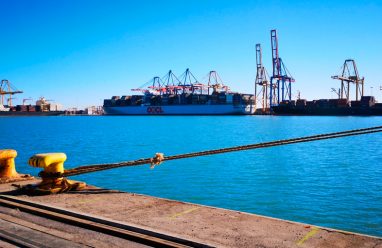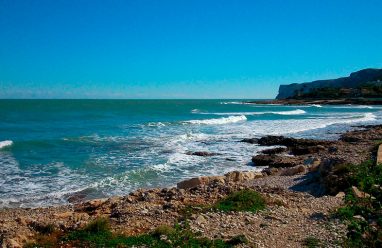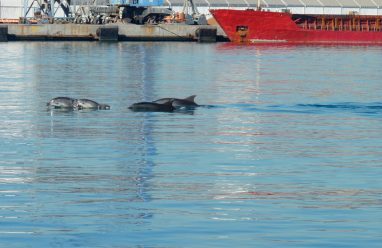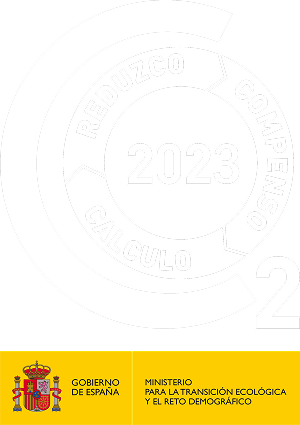This project covers six business cases consisting of prototypes and pilot tests. They will be implemented in different European ports and will serve as a basis for testing innovative technologies such as IoT, big data or predictive analysis using artificial intelligence models.
The first business case, to be carried out in the Port of Valencia, will integrate different sources of port information in order to reduce road traffic congestion. The aim of the second business case is to anticipate the problems of maritime access to the Port of Venice due to certain adverse meteorological conditions, such wind, fog or the tide.
Business cases 3 and 4 aim to improve air quality and noise in both the Greek port of Piraeus and in the Port of Valencia. To that end, a series of sensors, meteorological huts and other equipment will be deployed for early identification of measurements above certain acceptable levels, informing port authorities so that they can take decisions to mitigate the impacts.
In addition, the fifth business case focuses on the German ports of Bremerhaven and Wilhemshaven. It seeks to assess the negative impacts of wave agitation, currents and the wind on the productivity of ship-to-shore (STS) cranes.
Lastly, the sixth and final business case will enable real-time measurement of emissions along a complete multimodal transport chain on the routes connecting Barcelona, Valencia and Palma de Mallorca.
In summary, this project will reduce the impact of port operations on cities, and control the emissions from ports and ships in the major European ports

